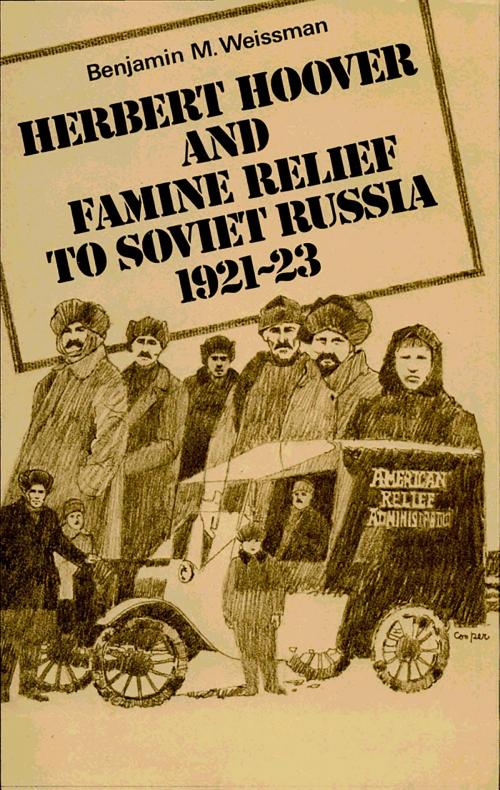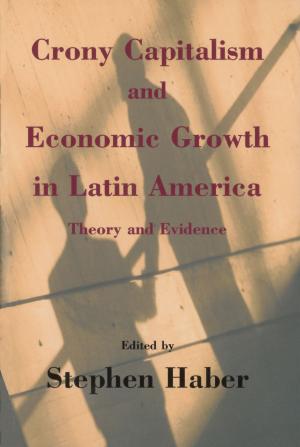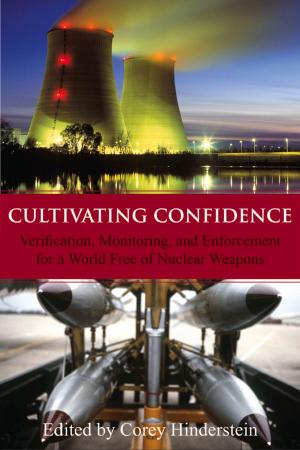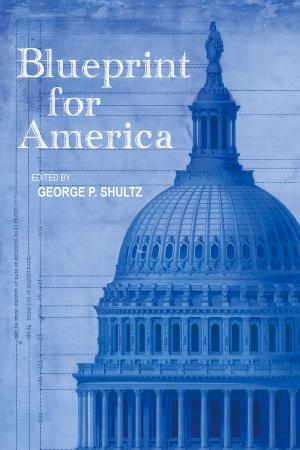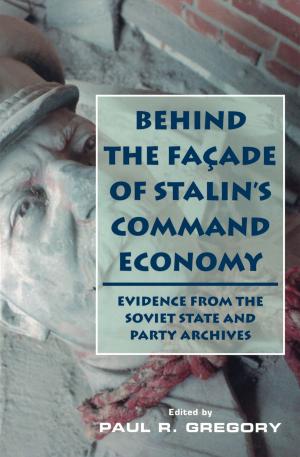| Author: | Benjamin M. Weissman | ISBN: | 9780817913434 |
| Publisher: | Hoover Institution Press | Publication: | June 1, 1974 |
| Imprint: | Hoover Institution Press | Language: | English |
| Author: | Benjamin M. Weissman |
| ISBN: | 9780817913434 |
| Publisher: | Hoover Institution Press |
| Publication: | June 1, 1974 |
| Imprint: | Hoover Institution Press |
| Language: | English |
In 1921 one of the most devastating famines in history threatened the lives of millions of Russians as well as the continuance of Soviet rule. Responding to a plea for help from the Soviet government, the American Relief Administration (ARA) agreed to provide famine relief in the stricken areas. The ARA was a private relief organization headed by Herbert Hoover, then U.S. secretary of commerce and one of the best-known Americans of his time for his spectacular success in rescuing the population of Belgium from starvation during World War I and in feeding millions of Europeans during the Armistice. Hoover was also a retired capitalist of considerable wealth, a champion of Republican liberalism, and a leading opponent of recognition of Soviet Russia. Lenin—head of the Soviet government, leader of the Bolshevik party, and living symbol of world revolution—was the antithesis of the ARA's chief. This book studies the personalities, motives, and modi operandi of these two celebrated figures, both as individuals and as representatives of their societies. At the same time it considers the relief mission itself, which has been the subject of continuing controversy for fifty years. Its partisans see it as a charitable, nonpolitical enterprise, while its enemies judge it an anti-Soviet intervention entirely devoid of humanitarian purpose. Herbert Hoover and Famine Relief for Soviet Russia is the first major attempt by an American scholar to reexamine the ARA mission, on the basis of much material made available since the ARA's 1927 official history. What emerges is, on the one hand, a painstaking examination of the historical details of ARA's mission and, on the other hand, a philosophic essay relating the ARA to broader questions of U.S.-Soviet relations the ideological antitheses of Hoover and Lenin. The author concludes that both sides overcame their ideological antagonisms and made possible a spectacularly successful relief mission that inspired the vain hope that a new era in Soviet-American relations had begun.
In 1921 one of the most devastating famines in history threatened the lives of millions of Russians as well as the continuance of Soviet rule. Responding to a plea for help from the Soviet government, the American Relief Administration (ARA) agreed to provide famine relief in the stricken areas. The ARA was a private relief organization headed by Herbert Hoover, then U.S. secretary of commerce and one of the best-known Americans of his time for his spectacular success in rescuing the population of Belgium from starvation during World War I and in feeding millions of Europeans during the Armistice. Hoover was also a retired capitalist of considerable wealth, a champion of Republican liberalism, and a leading opponent of recognition of Soviet Russia. Lenin—head of the Soviet government, leader of the Bolshevik party, and living symbol of world revolution—was the antithesis of the ARA's chief. This book studies the personalities, motives, and modi operandi of these two celebrated figures, both as individuals and as representatives of their societies. At the same time it considers the relief mission itself, which has been the subject of continuing controversy for fifty years. Its partisans see it as a charitable, nonpolitical enterprise, while its enemies judge it an anti-Soviet intervention entirely devoid of humanitarian purpose. Herbert Hoover and Famine Relief for Soviet Russia is the first major attempt by an American scholar to reexamine the ARA mission, on the basis of much material made available since the ARA's 1927 official history. What emerges is, on the one hand, a painstaking examination of the historical details of ARA's mission and, on the other hand, a philosophic essay relating the ARA to broader questions of U.S.-Soviet relations the ideological antitheses of Hoover and Lenin. The author concludes that both sides overcame their ideological antagonisms and made possible a spectacularly successful relief mission that inspired the vain hope that a new era in Soviet-American relations had begun.
